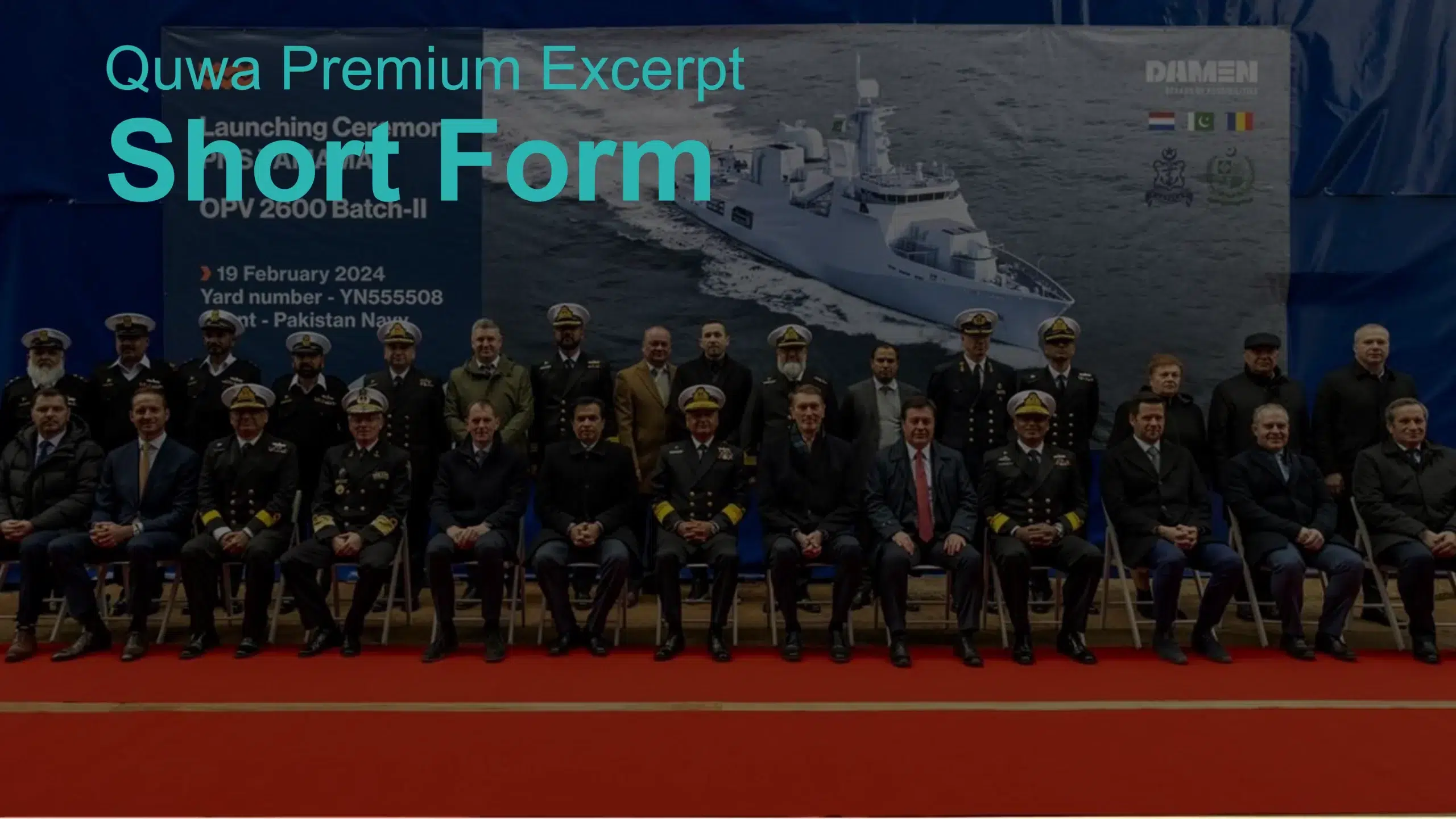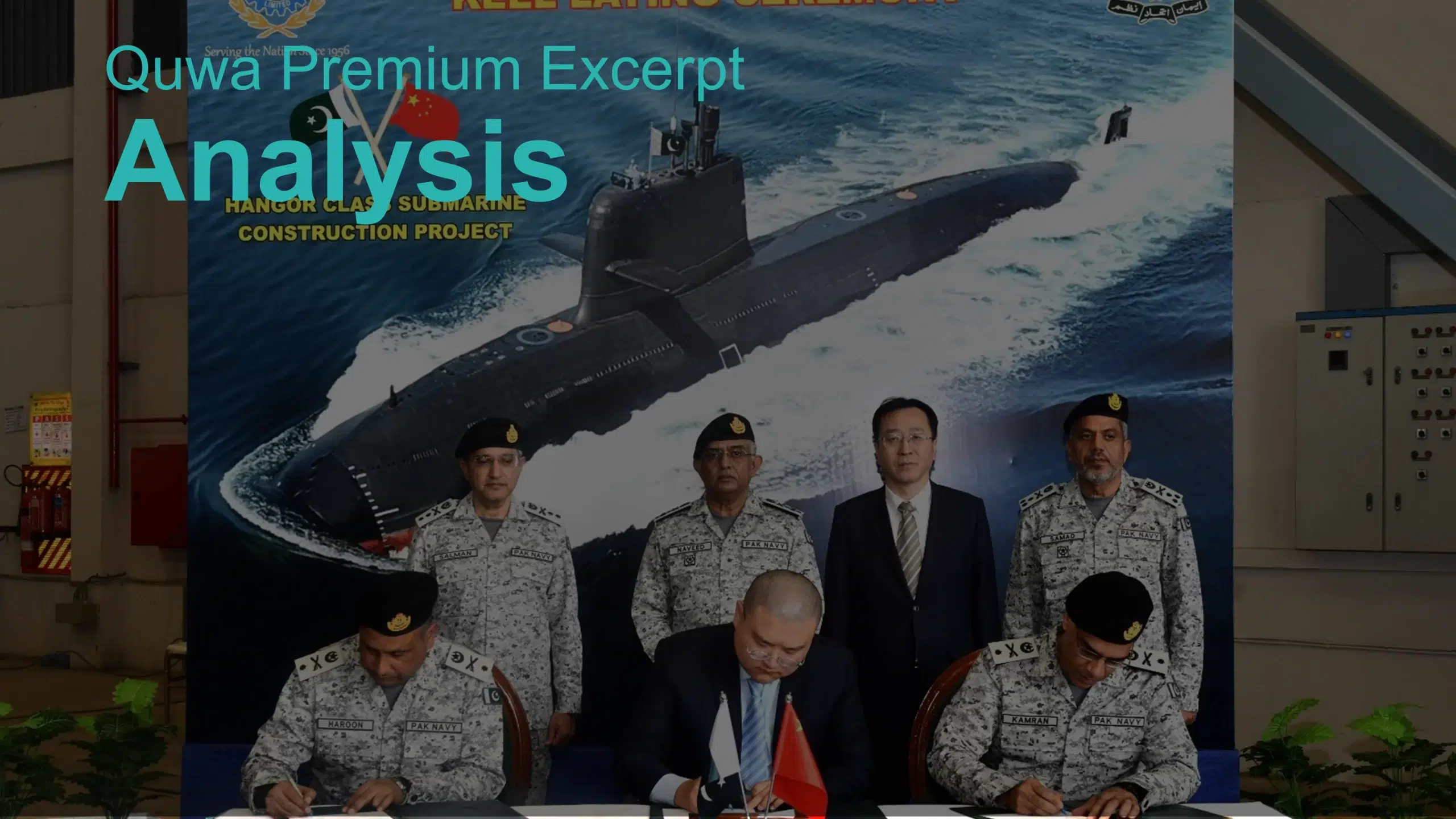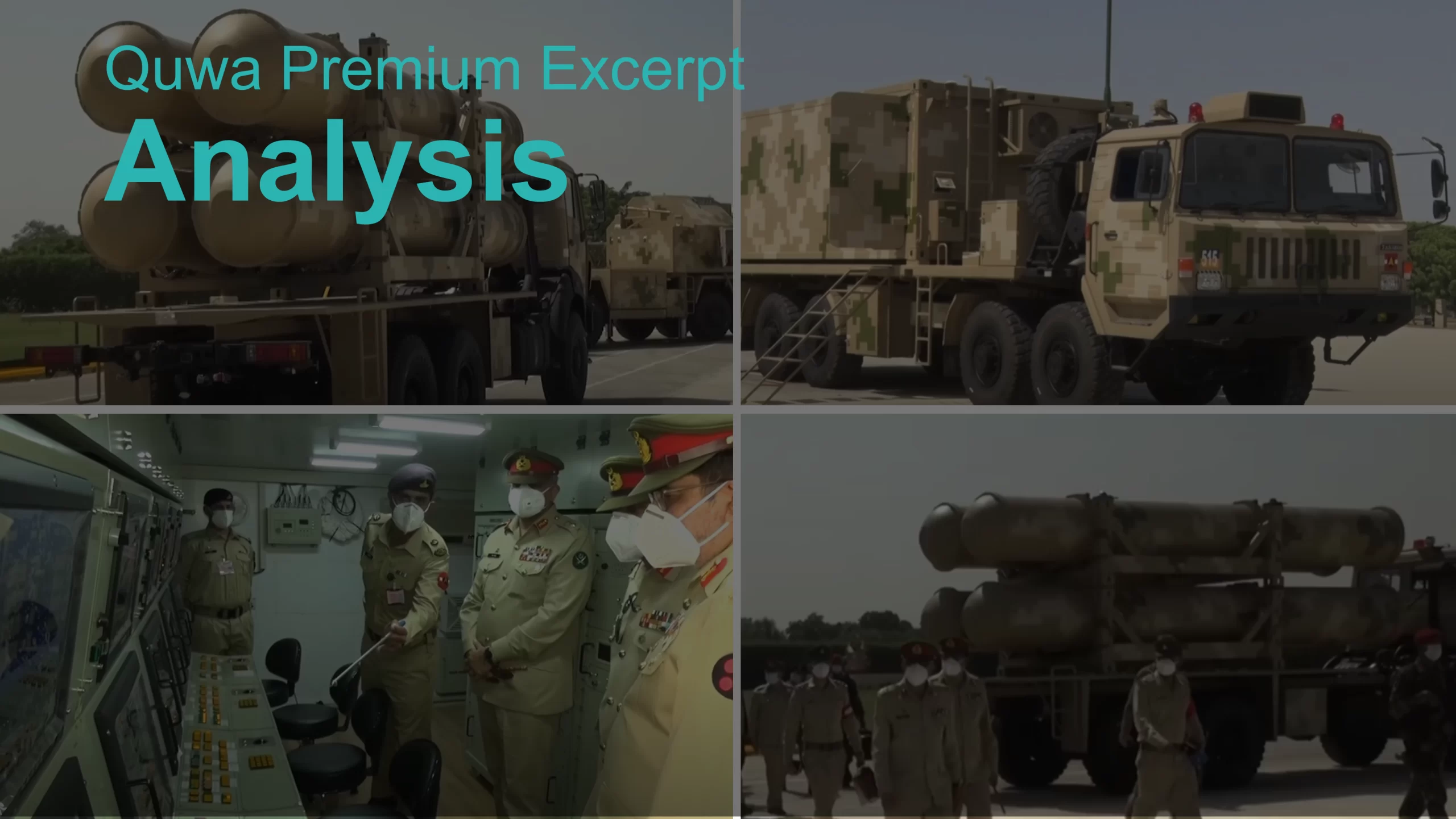With the U.S. Congress refusing to provide Pakistan Foreign Military Financing (FMF) support to help fund its desired purchase of eight new-built F-16C/D Block-52+, Pakistan was unwilling to pursue the proposed sale. As a result, the proposed sale of eight F-16s for $700 million U.S. has expired.
Comment and Analysis
We have discussed the F-16 contract as well as the Pakistan Air Force (PAF)’s objectives, challenges, and alternatives in regards to the issue (see here). There is not much to add, but some may be wondering what the PAF would acquire in lieu of these F-16C/Ds.
To be frank, it is unlikely that a new platform – such as the J-10 or Su-35 – would be on the horizon. The PAF seems to structuring its short and medium-term modernization roadmap around the JF-17. This has been contentious, but to reiterate an earlier point, the JF-17 is the PAF’s means to introduce current and emerging technologies, such as an active electronically-scanned array (AESA) radar.
In effect, the JF-17 is the PAF’s assured qualitative driver. It is the platform the PAF actually has in the pipeline, and while affordably acquiring the necessary subsystems could be an issue, they are far more manageable than the complexities involved with trying to procure an entirely new fighter platform. With funding on the scarce side, the PAF will want to channel its means into a sure bet.
Besides the JF-17, it seems the PAF is serious about throwing momentum behind its next generation fighter requirement. Granted, the fighter will not come to fruition until the mid-2020s or early 2030s, its development will require considerable resources. Moreover, the PAF intends to have a substantial portion of the next generation fighter produced domestically.
Between expensive foreign imports in limited numbers and much needed investment in strengthen the country’s indigenous defence industry, the PAF (and armed forces generally) will be better off with the latter. Of course, this choice is not ideal, but it is reality.
There is a loose variable – used F-16s. Unlike new-built aircraft, these could be acquired much more affordably, and the PAF is reportedly in the process of acquiring 14 from Jordan. If put through an upgrade comprised of modern subsystems such as AESA radars, these would be a valuable acquisition, especially in the interim until the next generation fighter is inducted.




